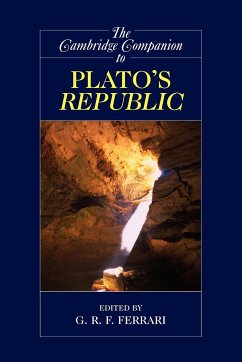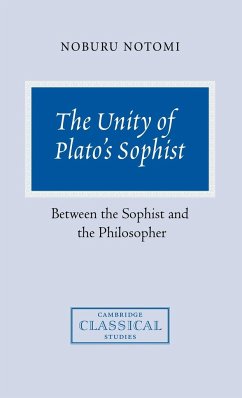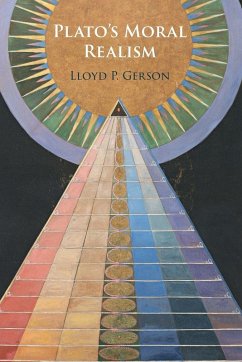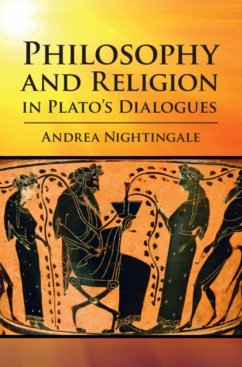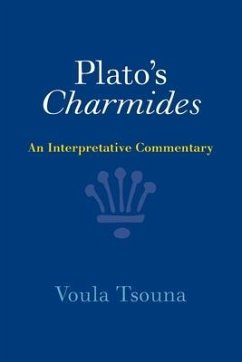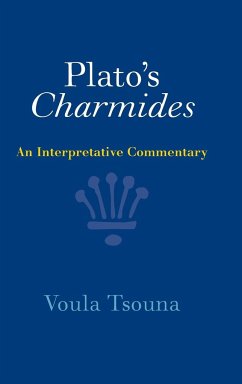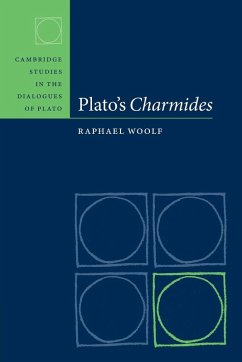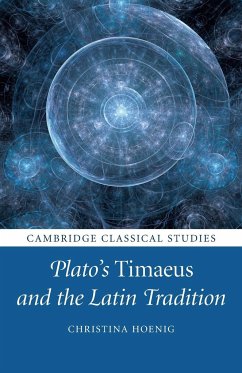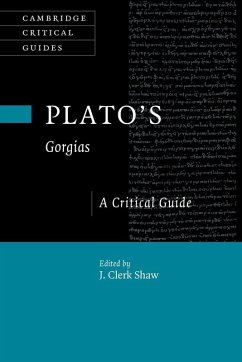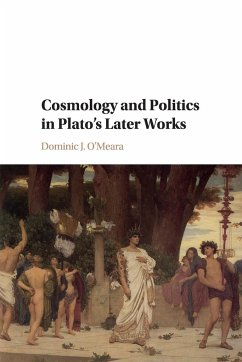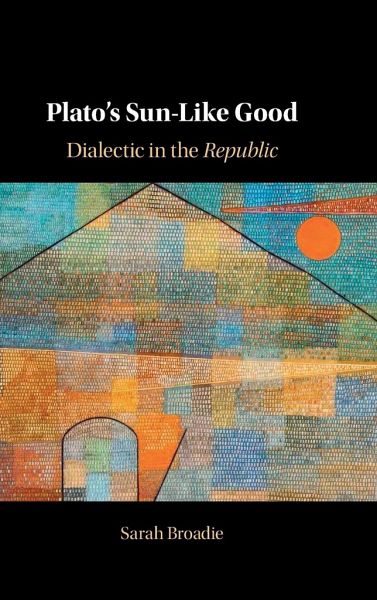
Plato's Sun-Like Good
Versandkostenfrei!
Versandfertig in 1-2 Wochen
91,99 €
inkl. MwSt.
Weitere Ausgaben:

PAYBACK Punkte
46 °P sammeln!
In this book, Sarah Broadie presents an original and lucid in-depth discussion of the Republic's philosopher-rulers, their dialectic, and their relationship to the form of the good. By reconceiving that form as 'interrogative', the book interprets those central reference-points of Platonism in down-to-earth terms without undermining Plato's philosophical greatness.





